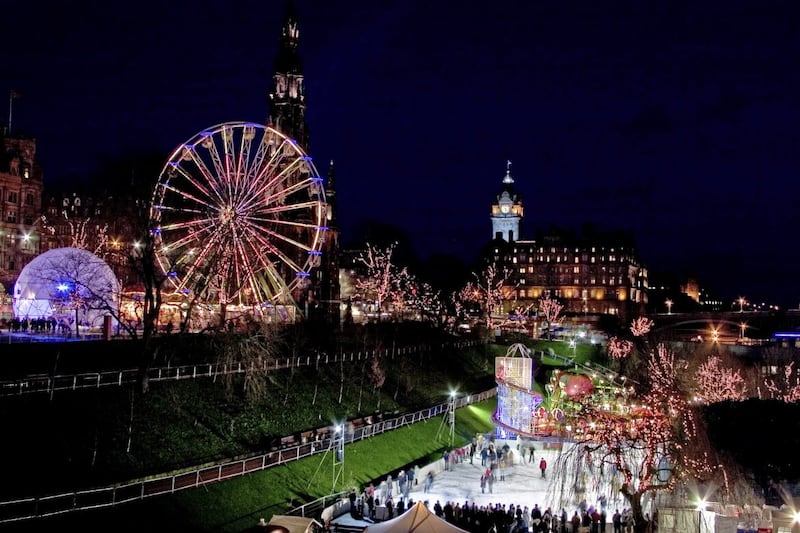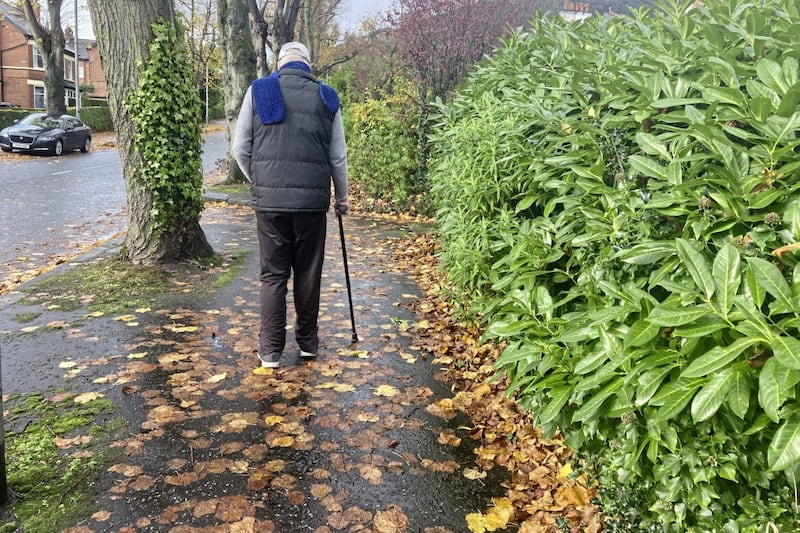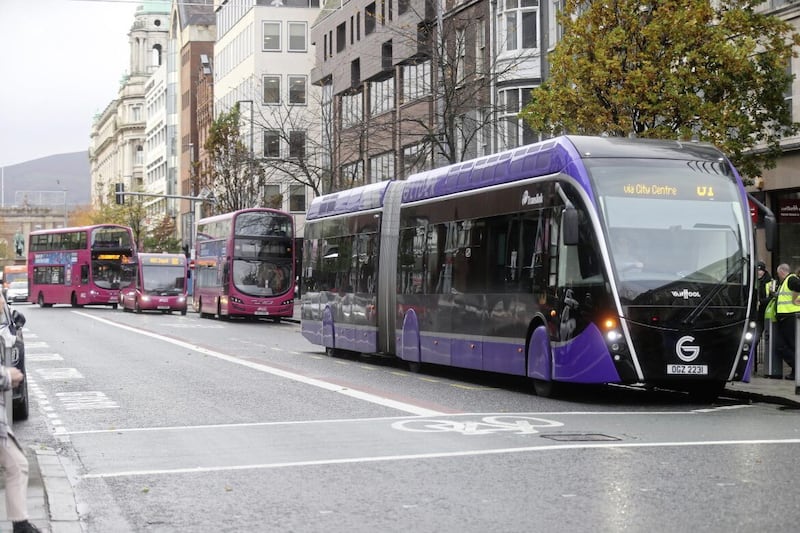TV HISTORIAN Professor David Olusoga is concerned that we are loosing a lot of modern historical information thanks to social media. Why? Because in our digital age we tend to dash off tweets or snapchats which dissolve into the ether and sometimes unique information is lost.
The old-fashioned art of diary or letter writing has always been a source of interest to historians but who writes letters anymore and, as Oscar Wilde said, only good girls have time to keep a diary.
More to the point is his fear that politicians and business leaders, even academics, use social media to share their thoughts, leaving future historians with less understanding of the personalities and how their policies and decisions are made.
Written memos, even emails give a clue to the thinking behind the scenes – otherwise there is little background or colour with this fashion of unrecorded messages.
He cites the habit of Winston Churchill who made notes in the margin of his state papers, and how these have given a greater insight into the working of his mind and of the times.
At the 249th annual meeting of the Belfast Charitable Society at Clifton House, David Olusoga launched the Mary Ann McCracken Foundation. As it heads towards its 250th anniversary, the focus of the charity is to commemorate this woman who was involved in the society since its foundation and throughout her life, tackling disadvantage and championing women’s rights.
The aim was and still is to promote, protect and enhance the philanthropic heritage of the society through working for the benefit of the community.
Although times have changed the need is just as great today as 249 years ago.
New technological age is upon us
Today computers are at the centre of life from an early age and during the meeting in Clifton House it was announced that support was given to secondary-school children in five north Belfast schools with the gift of 225 reconditioned laptops to enable pupils to study at home during the current lockdown, opening a portal to learning which otherwise would be unavailable, and something of which Mary Ann would approve.
Apart from education, one of her most important roles was campaigning against slavery in Belfast. The society preceded the abolition of slavery bill and some members of the board were benefitting hugely from the slave trade, showing that, despite their care for those less fortunate at home, they had little concern for the suffering that occurred elsewhere.
Slavery was the theme of David Olusoga’s talk and Mary Ann’s involvement. She was a remarkable feminist whose motto was, 'It’s better to wear out than to rust out'!
She strove to abolish the use of climbing boys in chimney sweeping; she was involved in early women’s suffrage and prison reform. She was also a lifelong abolitionist, founding the Belfast Women’s Anti-Slavery League, ignoring opposition and ridicule to dedicate her life to this campaign.
David spoke of the 80,000 black lives ‘owned’ by respected men living within the British Empire, including Belfast. It was true that men who traded in human flesh used their money to do good and, probably unknowingly, people benefited from the trauma and terror of the slaves toiling on plantations.
In the north east of England wealthy merchants sent coal to Jamaica to fire the boilers to produce rum for sale at home; ironworks had orders for shackles and branding irons to be used on ‘negros’. In Scotland wealthy traders owned sugar cane and tobacco plantations; in Belfast slavery brought huge wealth, especially from sugar estates in the West Indies and rum from the Caribbean – there was even an attempt to establish a slave trading company in the town.
Such was her disgust that Mary Ann refused to eat anything containing sugar and even in her later life this woman of almost 90 could be found at the docks, handing out anti-slavery leaflets to emigrants embarking for the slave-owning United States.
How little we know and how much there is to learn.
Does it matter in 2021?
Absolutely, trafficking is slavery by another name – sweat shops, child labour – and it still goes on even here. Charitable organisations such as the Belfast Charitable Society are as vital in 2021 as in 1752.
David also talked of the global anti-racist movement Black Lives Matter and the killing of George Floyd.
As it happened I was watching the Amazon Prime film This Is Us, the story of three children, two white and one adopted black baby, all sharing the same birth date – increasingly difficult for Randall as he grew up in a white family, white neighbourhood, white friends.
The impact of Mr Floyd’s death – which happened when a police officer, who has since been charged with murder, knelt on his neck for eight minutes and 46 seconds – shows up the ignorance of his white family when it comes to empathy and communication.
He becomes withdrawn, his sister challenges him, she says she’s sorry for what he’s going through, the protests about the killing. Her comment is crass: “I can’t imagine what you guys are going through,” she says.
He looks at her in sorrow. “You’ve never apologised before,” he says, “and this isn’t the first black person to be killed on camera. We grew up in the same house, things like this have been happening to black people for years and we’ve never talked about it, not once, not once in 40 years.
"Growing up I had to keep so many things to myself because I didn’t want to make you guys feel bad, I didn’t want you to worry about saying the wrong thing. All my life I’ve been trying to make it easier for you, and honestly Kate, I’m exhausted.”
I learned a lot from This is Us, from David Olusoga and from Mary Ann McCracken.
In the words of the late human rights activist and anti-fascist Partisan Ginetta Sagan (who is also remembered for her work to protect the liberty and lives of women and children): "Silence in the face of injustice is complicity with the oppressor."
You can access the David Olusoga lecture at belfastcharitablesociety.org










